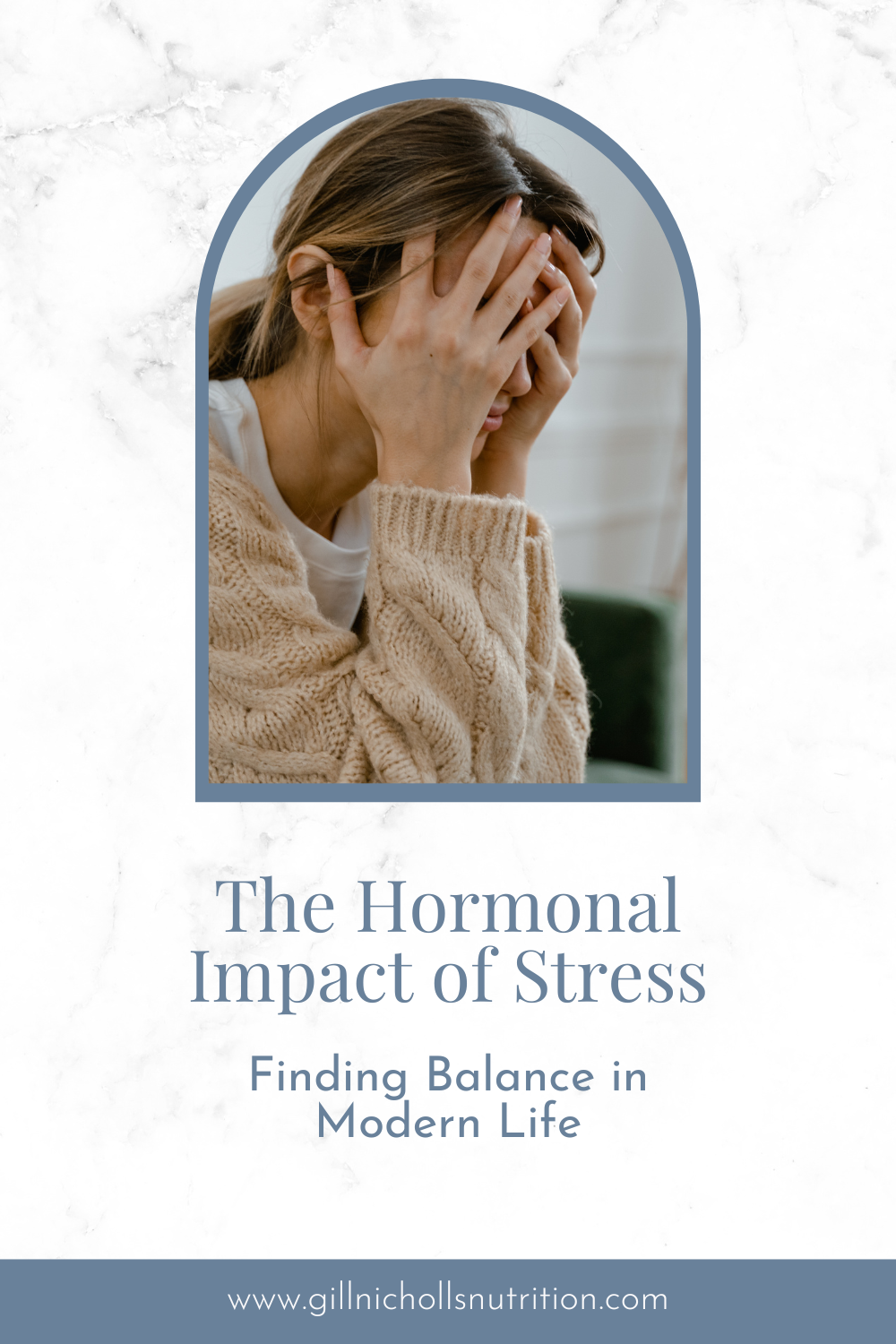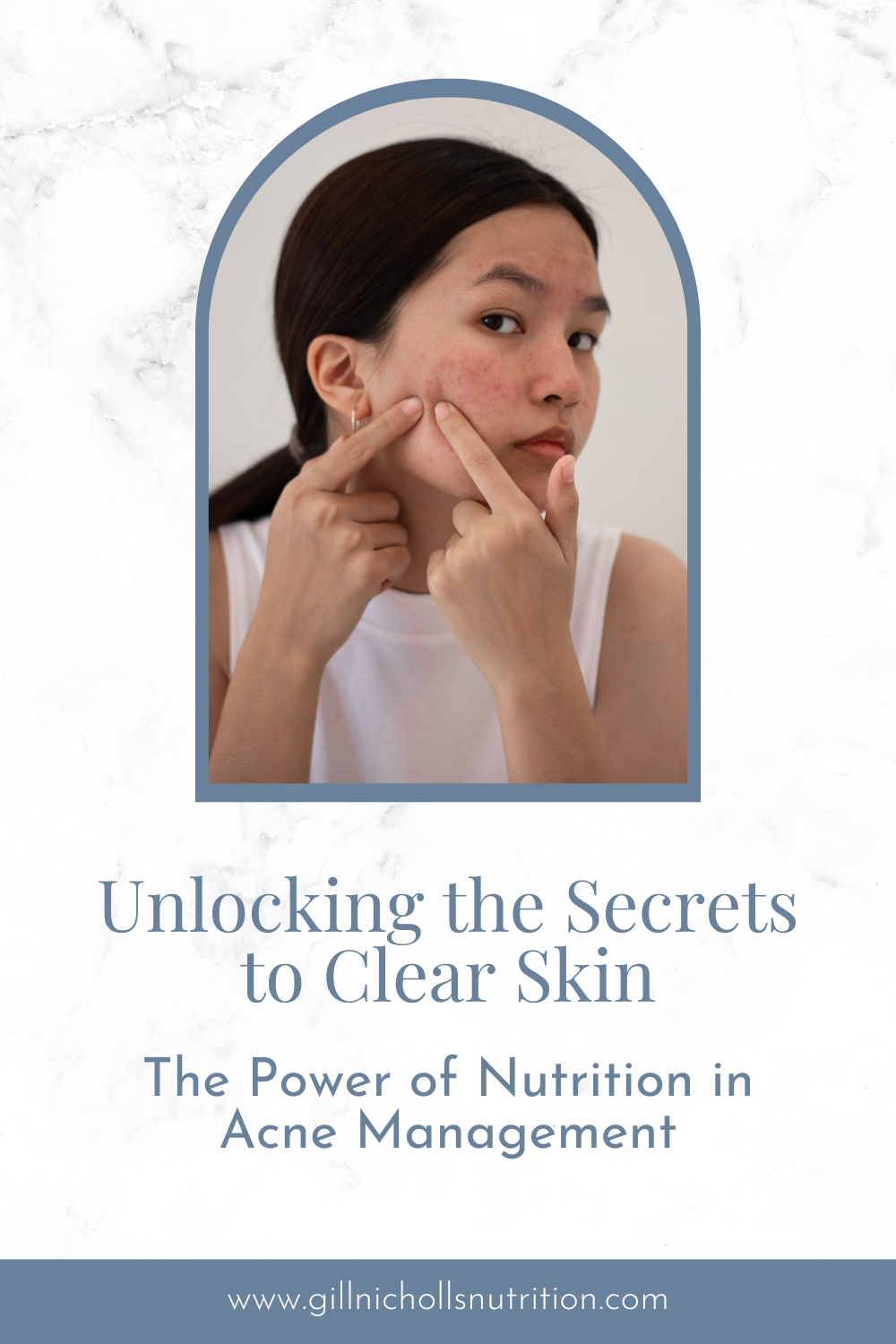
How eating 9 cups of vegetable a day can transform your health.
Are you getting your daily dose of vegetables?
According to the American Gut Project, the average American only eats about 1.5 servings of fruits and vegetables per day. But did you know that experts recommend at least 9 cups of vegetables per day or 30 different plant foods per week for optimal health and wellbeing?
In this post, we'll explore the benefits of this plant-heavy diet, including its effects on skin health, weight loss, gut health, menopause, and hormones. We'll also share a sample day of eating and some delicious recipes to help you get started.

Nutrition as Medicine: Conquer Inflammation Fatigue and Reclaim Your energy and Vitality
Living with inflammation can be a daily battle, one that leaves you feeling drained and overwhelmed. Instead of waking up refreshed, you're greeted by exhausted. Simple tasks become challenges as your body feels heavy. The brain fog that settles in makes it difficult to concentrate or remember things clearly, adding to the frustration of trying to keep up with responsibilities and commitments.

Is your Anxiety and PMS due to an iron deficiency?
Iron deficiency is one of the most common nutritional deficiencies worldwide, affecting a large number of people, especially women, vegans, vegetarians, and athletes. Iron is an essential mineral that is required for the production of haemoglobin, a protein in red blood cells that carries oxygen throughout the body. When our body doesn't have enough iron, it can result in a condition called anaemia, which can cause a variety of symptoms. Let’s look at the symptoms of iron deficiency, its causes, and the best ways to increase iron in your diet.

The Hormonal Impact of Stress: Finding Balance in Modern Life
Hormones serve as the body's messengers, orchestrating various vital functions, from metabolism and growth to immune response and reproduction. Achieving and maintaining hormonal balance is critical because even minor imbalances can lead to a wide range of symptoms and health issues, including mood swings, weight gain, anxiety, depression, acne, low libido, sleep disturbances, fatigue, and even chronic health conditions.

Unlocking the Secrets to Clear Skin: The Power of Nutrition in Acne Management
Are you tired of battling acne, no matter your age? Discover how the food you eat could be the missing piece to your skincare puzzle.
Acne – the nemesis of clear, glowing skin. Whether you're a teenager or an adult, its unwelcome appearance always seems to coincide with the most inconvenient times. But what if I told you that the solution to your acne problems might be found on your plate?
